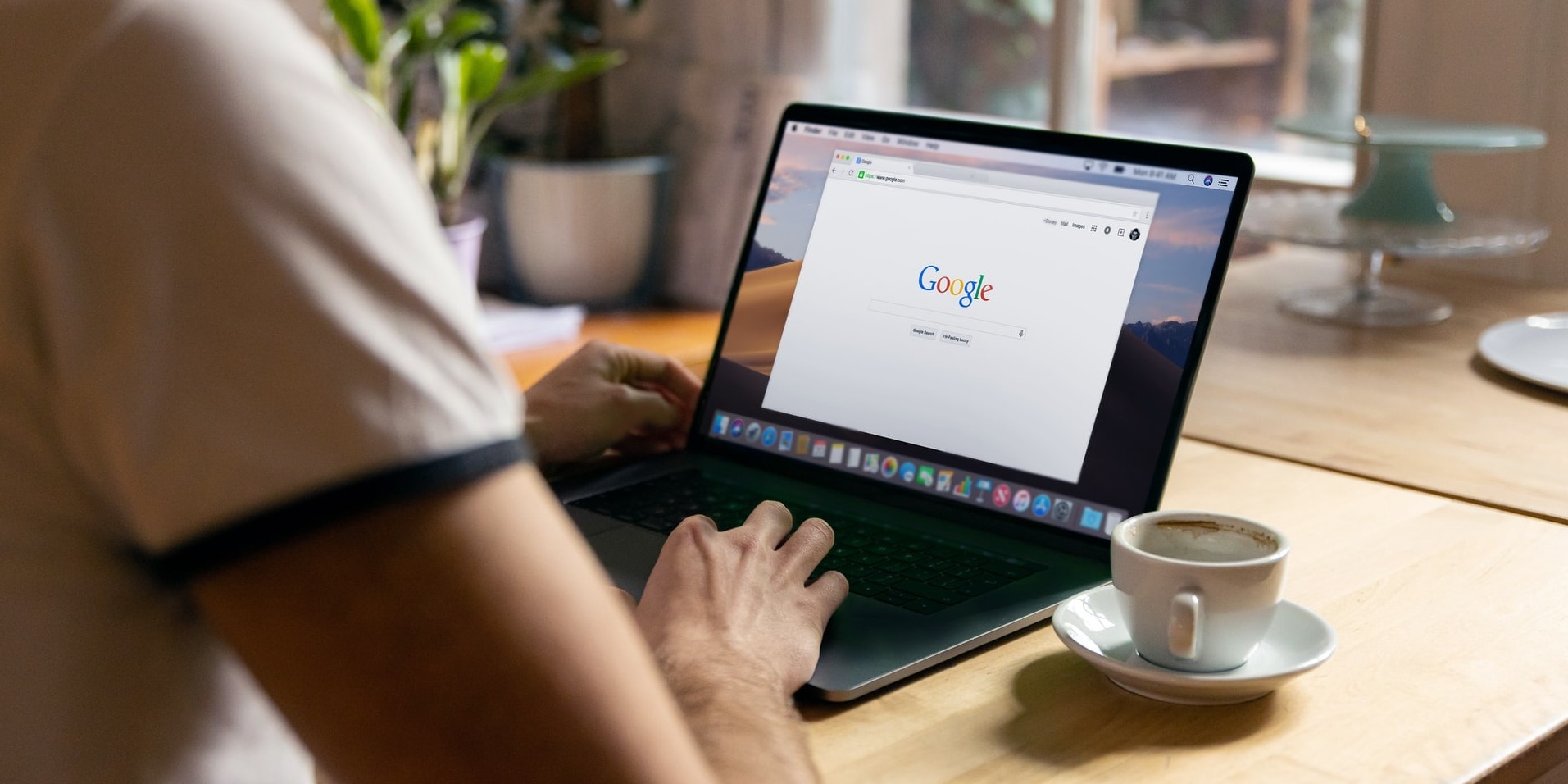Google Vehicle Ads: The Digital Master Key for the Motor Industry
Advertising via Google is constantly evolving, and new ways to showcase your brand and business offering are regularly being rolled out. The latest...
Read moreA British marketing agency has caused a stir at the annual South by Southwest Interactive technology conference in Texas: after turning homeless people into wi-fi hotspots.
Bartle Bogle and Hegarty (BBH) recruited a handful of homeless people to hang around outside the SXSW conferences, offering 4G wi-fi access for delegates.
Those short on signal could simply text a number printed on the homeless persons' T-shirt, along with the homeless person's name, to get wi-fi access.
BBH said there was no commercial benefit to the "charitable experiment", that no brands were involved, and the only people making money from the scheme were the homeless people themselves.
But despite a staunch defence of the campaign - and no doubt a little behind-the-scenes hand-rubbing at the sheer volume of global publicity the move has generated - BBH has faced vast criticism which claims the idea was "thoughtless", "tasteless" and "awkward".
Some commentators have said the move is dystopic and exploitative, and that asking homeless people to become wi-fi hotspots for SXSW delegates was essentially the same as paying them to be chairs or tables for the conference venues.
Wired magazine described it as "darkly satirical science-fiction dystopia".
BBH says it had hoped to have unique landing pages for the wi-fi access, with content by the homeless people themselves - giving street newspapers a new avenue into online PR.
The idea was too costly, though. So instead, it said, the homeless people were incentivised to get delegates to sign up for their wi-fi as all they could keep all the money they earned.
"The biggest criticism, which we agree with actually, is that Street Newspapers allow for content creation by the homeless (we encourage those to research this a bit more as it certainly does not work exactly as you would assume," said BBH in a statement on its website.
"This is definitely a part of the vision of the program, but alas, we could not afford to create a custom log-in page because it's through a device we didn't make.
"However, we'd really like to see iterations of the program in which this media channel of hotspots is owned by the homeless organisations and used as a platform for them to create content. We are doing this because we believe in the model of street newspapers."
Despite vast coverage, few media outlets have spoken to the homeless people themselves. The buzz on Twitter began by questioning if the idea was a hoax - but delegates soon confirmed it was absolutely real. One, who had signed up for 4G wi-fi through one of the homeless hotspots, said they had to stand very close to the homeless person to get signal: something they said felt embarrassing and 'awkward'.
News brought to you by ClickThrough – experts in SEO, Pay Per Click Services, Multilingual Search Marketing and Website Conversion Enhancement services.
More articles you might be interested in:
.png)
Advertising via Google is constantly evolving, and new ways to showcase your brand and business offering are regularly being rolled out. The latest...
Read more.png)
The UK market has been waiting with bated breath for Google’s Vehicle Ads release – so where is the update? Learn more.
Read more.jpg)
Performance Max is one of the easiest ways to tackle the full Google network, but are you maximising results? Dr. Dave Chaffey explores. Read more.
Read more
Welcome to the latest round-up of all things digital. This is where we look at the latest updates in the world of PPC, SEO, Content and International...
Read more.jpg)
Creating conversion-optimised PPC campaigns start at strategy planning. Do you know how you can maximise the return on your ad investment? Dave...
Read more
We're heading into a new financial year - do you know how PPC can help grow your conversions? Find out how developments from Google and Bing will...
Read more
What are the benefits of Google's new Performance Max campaign type? Head of DPM, Sarah Clarke, tells us how you can use it to automate your...
Read more
It may have seemed like just your average PPC role at first, but what Alex Copping didn't realise is that he was about to learn a whole lot about...
Read more